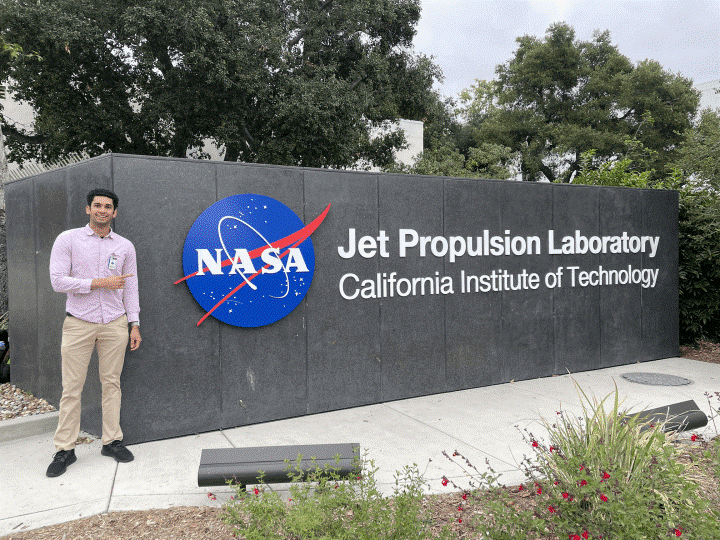Indian-origin Harvard student creates waves at NASA internship
During this internship, he collaborated with the Planetary Protection Group, which is responsible for establishing protocols to prevent cross-contamination during space exploration.

Rohil Dhaliwal, currently a third-year student specializing in bioengineering at the Harvard John A. Paulson School of Engineering and Applied Sciences (SEAS), dedicated his summer to researching plant growth in microgravity. He secured an internship at NASA's Jet Propulsion Laboratory (JPL) situated in Pasadena.
During this internship, he collaborated with the Planetary Protection Group, which is responsible for establishing protocols to prevent cross-contamination during space exploration. Among his responsibilities was the reconfiguration of equipment capable of simulating microgravity conditions for plant studies.
“It was cool to get the opportunity to finally work at the place I’ve dreamt about for almost my whole life,” Dhaliwal said. He designed modifications to the clinostat to allow plants to receive enough water and light to grow while being spun. “If someone wants to test something else in microgravity in the future, we developed pretty robust procedures and equipment to make microgravity testing for plants a lot faster in the future,” he said. “We got a lot of results about plant height and mass, root height and mass, and right now we’re looking at DNA data extracted from the soil.”
“I felt like I wasn’t just a student, but was actively contributing to the lab space and bringing knowledge about bacterial work that others didn’t have,” he said. “Astrobiology isn’t something I knew a lot about before this internship, but I learned so much and got such a unique experience. It makes me want to explore a lot more.”
After completing his primary education in Boston, Dhaliwal came to Harvard planning to pursue physics. However, after attending an Introduction to Life Sciences class during his freshman spring semester, he decided to pursue bioengineering, subsequently taking up electives on drug delivery, tissue delivery and neural control of movement.
ADVERTISEMENT
ADVERTISEMENT
E Paper
Video



 Mehak Luthra
Mehak Luthra












Comments
Start the conversation
Become a member of New India Abroad to start commenting.
Sign Up Now
Already have an account? Login